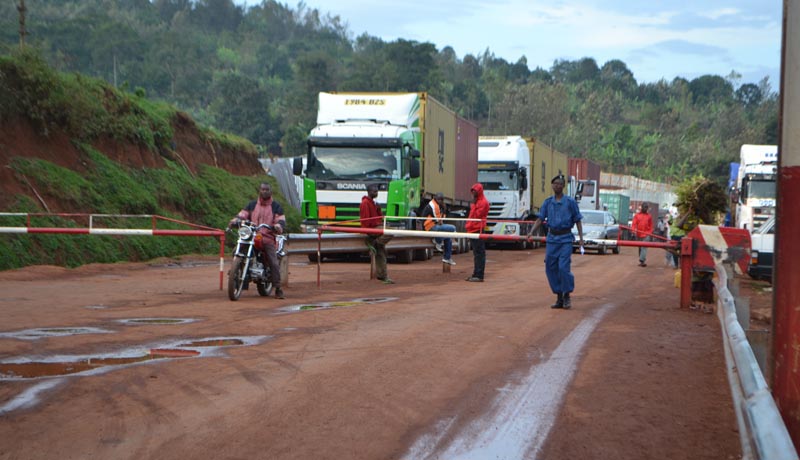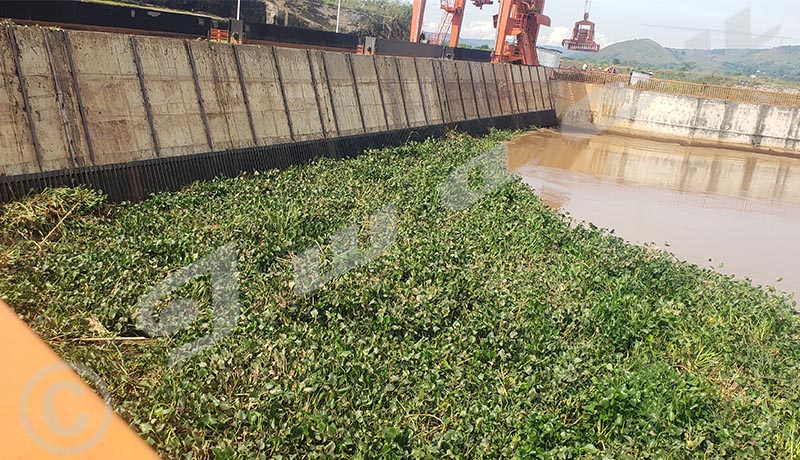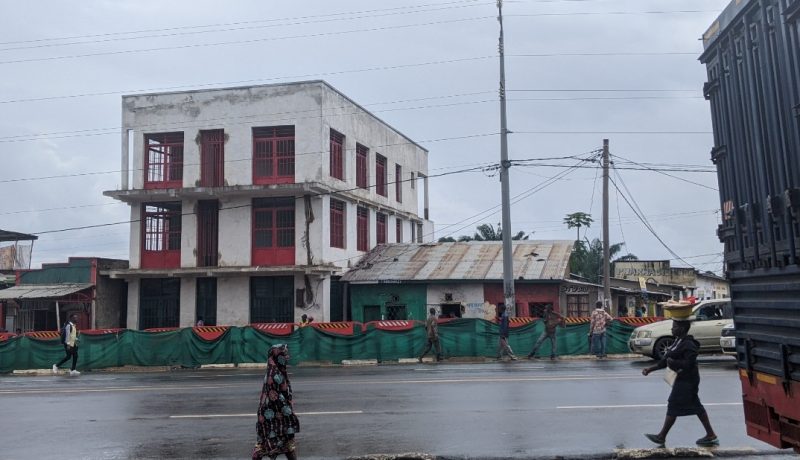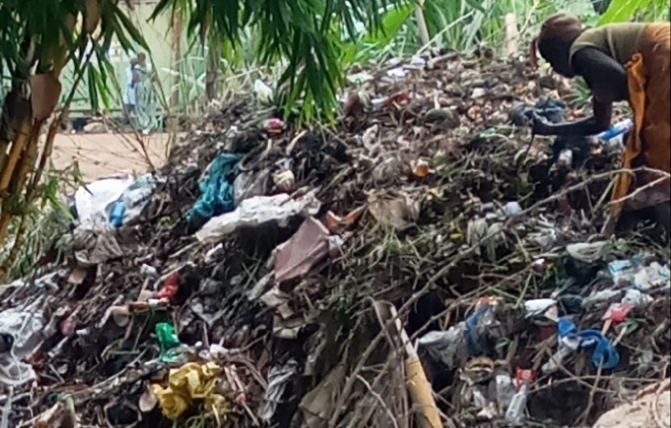A ban on plastic bags is in effect in Rwanda since 2004. Realizing its positive effects, Rwanda is appealing to the other members of the EAC to follow its example.
<img5097|right>It seems the policy of forbidding of plastic bags is respected throughout the Rwandan territory. At different Rwandan borders and at the country’s airport, no bag gets in. Police thoroughly search to discover if anyone has any plastic bags. In the street of this country, no one is allowed to sell plastic bags. Cardboard packages are used for packaging different items and goods. In the streets of Kigali, there are almost no plastic bags lying around.
Rwandans acknowledge the importance of this new practice. “It is a policy that has significantly reduced waste and dirt in different places, particularly in the city," E.N indicates. He also says the measure has already borne fruit. “Now we don’t lose time gathering up the plastic bags scattered here and there in the fields when we plow. Before, everyone had to do it, and at the same time, we had to bury the plastic waste in a ditch just dug for that, which polluted the environment."
Additionally, he believes that agricultural production has even risen thanks to this measure. “Even if there are other factors such as enlargement of arable land, we can say that the non-use of plastic bags has contributed to increasing the production.” He explains that the presence of plastic in the soil prevents water penetration and thus causes soil to be unproductive.
“A Government Policy"
The policy to prevent the use of plastic bags, discussed since 2004, comes out of a 2003 study that had been commissioned by the Rwandan Ministry of the environment, according to Rémy Norbert Duhuze, director of environmental regulation and control of the population at REMA (Rwanda Environment Management Authority). "The law preventing the importation, sale and use of plastic bags in order to better protect the environment was adopted in 2008," he says. In addition to the fight against the pollution of the environment, there are other objectives such as the fight against dirt, the effort to facilitate water drainage, the creation of an environment that promotes the penetration of water in the soil, and so on.
Success for Rwanda
This policy of non-use of plastic bags has been a great success for Rwanda, Duhuze says. He is proud of the cleanliness that is currently visible in the streets: "With the non-use of these bags, the dirt has significantly decreased. The majority of citizens have taken ownership of this policy; as a result there has been a mentality change. Therefore, we have no problems to implement other pollution reduction policies. »
In addition, jobs were created. "The manufacturing of baskets and paper bags has generated more jobs," he says. And, although no figures were given, Duhuze indicated that agricultural production has increased: "We have not conducted a statistical study for the impact on production. But before we conducted this type of research, they were so many bags buried in the land and they were surely causing soil infertility. »
About other plastic objects that are still of use in Rwanda, this environmental activist reassures: "These other plastic objects do not have such a damaging impact as these bags." He explains that they are easy to gather and throw into the dustbins. "These objects are not as easily carried off the wind as the bags are.” However, he stressed that for these plastic containers, Rwanda has not yet found an alternative.
The environmentalist welcomed efforts by the Rwandan staff at the borders with the other member countries of the East African Community (EAC) to prevent the entry of plastic bags into Rwanda. "Our brothers and sisters of the EAC also must understand the issues surrounding the use of plastic bags. And we can hope that with the harmonization of laws within the EAC, the other countries can do the same."
Soon, Burundi in Rwanda’s footsteps
In Burundi, the bags are thrown here and there in several places. But the Ministry of Water, Environment, Land Use and Urban Planning now will deal with this issue, says Gilbert Ngendahabona from this ministry’s communications department. According to him, a bill restricting the importation, sale and use of plastic bags is already developed and waiting to be validated. “We are inspired by studies in other countries like Rwanda showing negative impacts associated with the use of these bags…and we have decided to become part of this as well," he says.





















